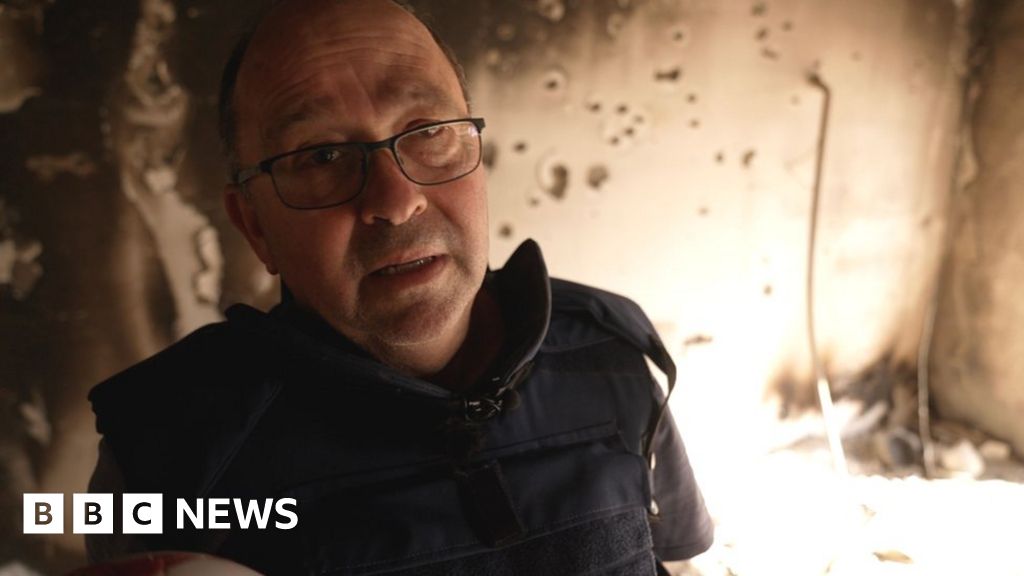In Kibbutz Be'eri, a broken promise to keep Israelis safe

In the Middle East, around 200 protesters have been reported to be killed in Iraq and Lebanon since October 2019. The demonstrations were triggered by the lack of basic services such as electricity, water, employment opportunities, and corruption. The protests were largely peaceful and were met with a violent response from the government.
The Iraqi government has been accused of using excessive force against the demonstrators, including live ammunition, tear gas, and stun grenades. In addition, many protesters have been arrested and held without charge for months. This led to an international outcry, calling for the Iraqi government to stop the use of excessive force and respect human rights.
In Lebanon, the protests began in October 2019 and have since spread across the country. Demonstrators are demanding political reform and an end to decades of government corruption. The Lebanese government has responded to the unrest by deploying the military and security forces.
The protests in Iraq and Lebanon have also had a regional impact, with reports of protesters attempting to cross the border into neighboring countries. Additionally, the US and other countries have imposed sanctions on both countries in response to their governments’ repression of the demonstrations.
Overall, the protests in Iraq and Lebanon have been ongoing for over a year. They have highlighted the extent of corruption and lack of economic opportunities in the region. The demonstrations have been met with a heavy-handed response from the governments, leading to hundreds of deaths and injuries. This has sparked international criticism and condemnation, and calls for the governments to respect human rights and end their use of excessive force.
Read more here: External Link